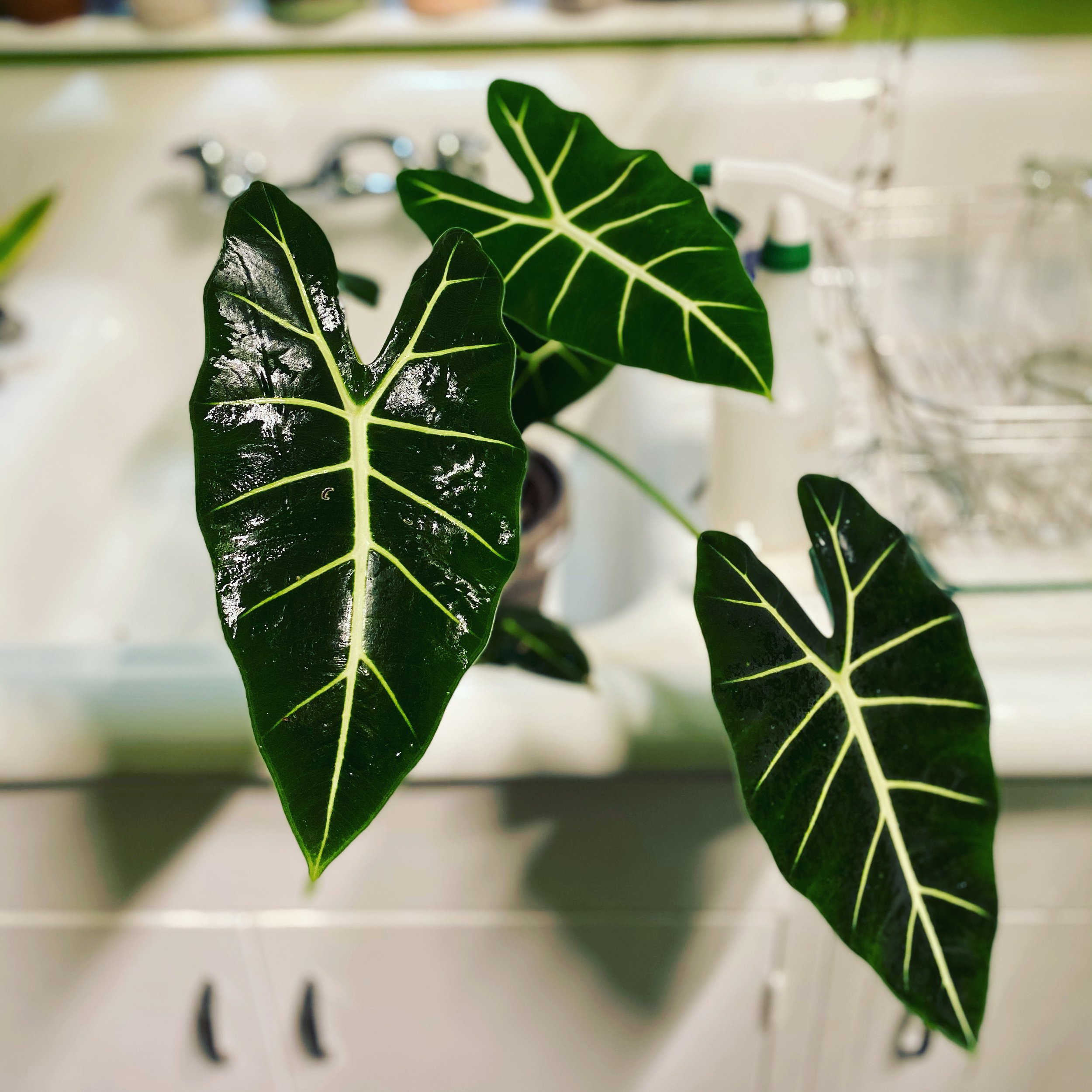Winter Plant Care Tips for Indoor Gardeners: Your Ultimate Guide

As the temperatures drop and the days grow shorter, our indoor plants need a little extra TLC to thrive. Imagine you're tucked inside a cozy cabin, sipping hot cocoa. Just like you, your plants need to adjust to the changing season. Let's dive into the ultimate winter plant care tips to ensure your green friends stay healthy and vibrant.
Understanding Winter's Impact on Indoor Plants
Winter brings shorter days, reduced sunlight, and drier air. These changes can stress your plants, leading to slower growth, yellowing leaves, and even plant loss. But fear not! With the right care, your indoor garden can flourish.
Adjusting Light and Temperature
Light: The Lifeblood of Plants
In winter, the sun's angle changes, reducing the amount of light your plants receive. To compensate, move your plants closer to windows or supplement with artificial grow lights. Remember, even low-light plants need some sun to stay healthy.
Pro Tip: Rotate your plants weekly to ensure all sides get equal light exposure.
Temperature: Finding the Sweet Spot
Most houseplants prefer temperatures between 65-75°F (18-24°C) during the day and a 10°F (5°C) drop at night. Keep them away from drafty windows, heating vents, and radiators. Consistency is key, so avoid sudden temperature fluctuations.

Watering and Humidity
Watering: Less is More
In winter, plants grow slower and need less water. Overwatering can lead to root rot, so let the soil dry out between waterings. Stick your finger about an inch into the soil; if it feels dry, it's time to water.
Humidity: Creating a Tropical Oasis
Indoor heating can make the air incredibly dry, which is tough on plants. Here are some ways to increase humidity:
- Misting: Give your plants a light spray with a water bottle.
- Pebble Trays: Place a tray filled with pebbles and water near your plants. As the water evaporates, it increases humidity.
- Grouping: Plants release moisture through their leaves. Grouping them together creates a humid microclimate.
Fertilizing and Pruning
Fertilizing: Feed Sparingly
Plants grow slower in winter, so they need less food. Cut back on fertilizing or stop altogether until spring. Too much fertilizer can burn roots and lead to excessive salt buildup in the soil.
Pruning: Encourage New Growth
Winter is a great time to prune your plants. Remove dead or yellowing leaves and trim back leggy growth. This encourages bushier growth come spring.

Pest Control and Disease Prevention
Cold weather can make plants more susceptible to pests and diseases. Keep an eye out for common indoor pests like spider mites, mealybugs, and scale insects. Regularly inspect your plants, and if you spot any critters, isolate the plant and treat it with insecticidal soap or neem oil.
Additional Resources
For more in-depth information, check out these authoritative resources:
- University of Vermont Extension: Caring for Houseplants in Winter
- Royal Horticultural Society: Houseplant Care in Winter
Conclusion: Embrace the Season
Winter plant care doesn't have to be daunting. With a little adjustment to light, temperature, watering, and humidity, your indoor garden can thrive. Remember, every plant is unique, so observe and respond to their individual needs.
Don't let the cold weather deter you. Embrace the season and enjoy the beauty of your indoor oasis. Happy gardening!
FAQs
Should I repot my plants in winter?
- It's best to avoid repotting in winter. Plants are dormant, and repotting can shock them. Wait until spring when they're actively growing.
Can I use tap water for my plants?
- Tap water often contains chemicals like chlorine and fluoride, which can harm plants. Use filtered or rainwater if possible.
How can I tell if my plant is getting enough light?
- Watch your plant's growth. If it's leaning towards the light, has small leaves, or is leggy, it needs more light.
What if my plant drops all its leaves in winter?
- Some plants, like fig trees, drop leaves in response to lower light and temperatures. Don't panic; they should regrow leaves in spring.
Can I place my plants outside on warm winter days?
- Avoid moving indoor plants outside in winter. The temperature fluctuations can stress them, and the light intensity outdoors is much higher than indoors.
0 Response to "Winter Plant Care Tips for Indoor Gardeners: Your Ultimate Guide"
Post a Comment